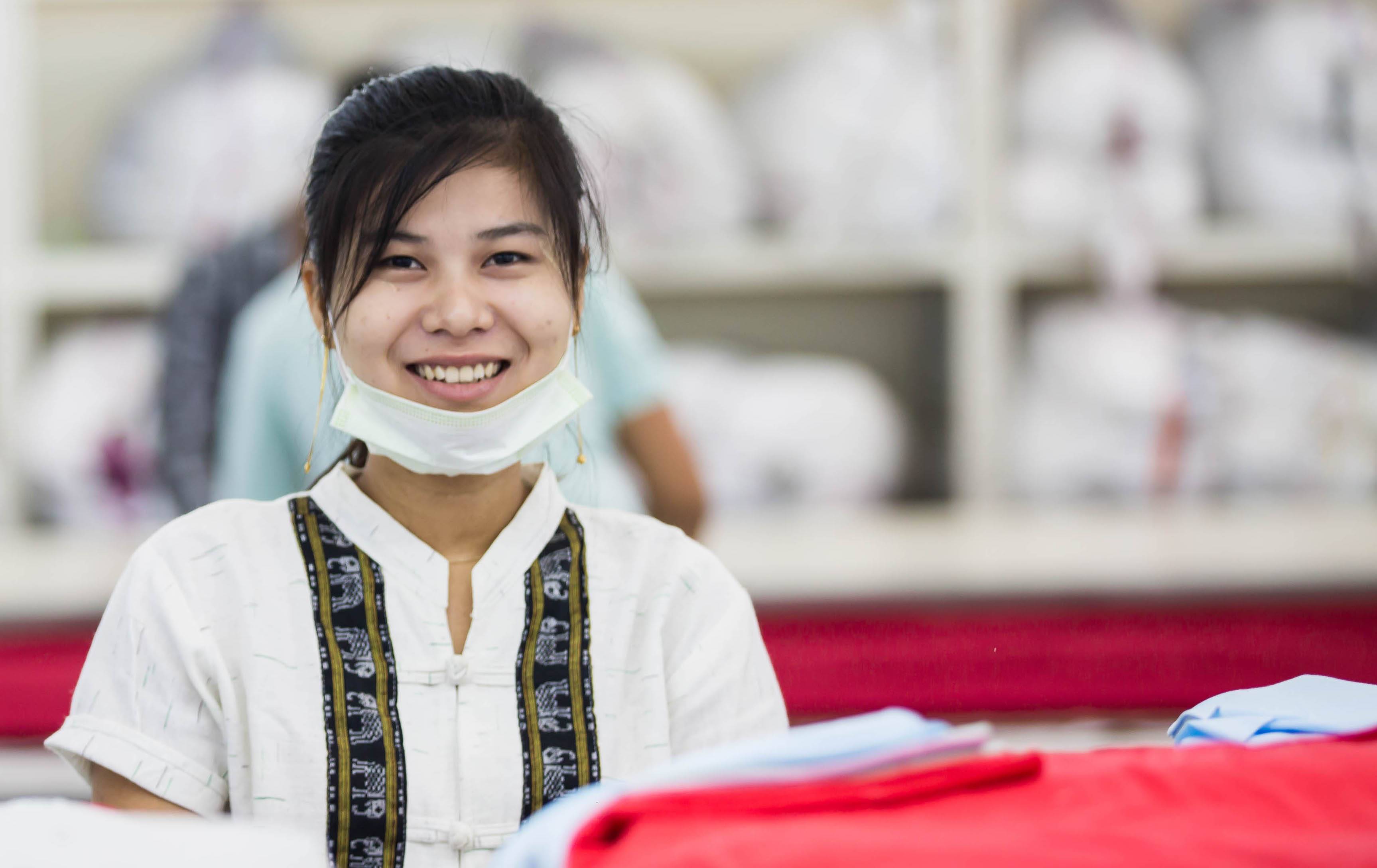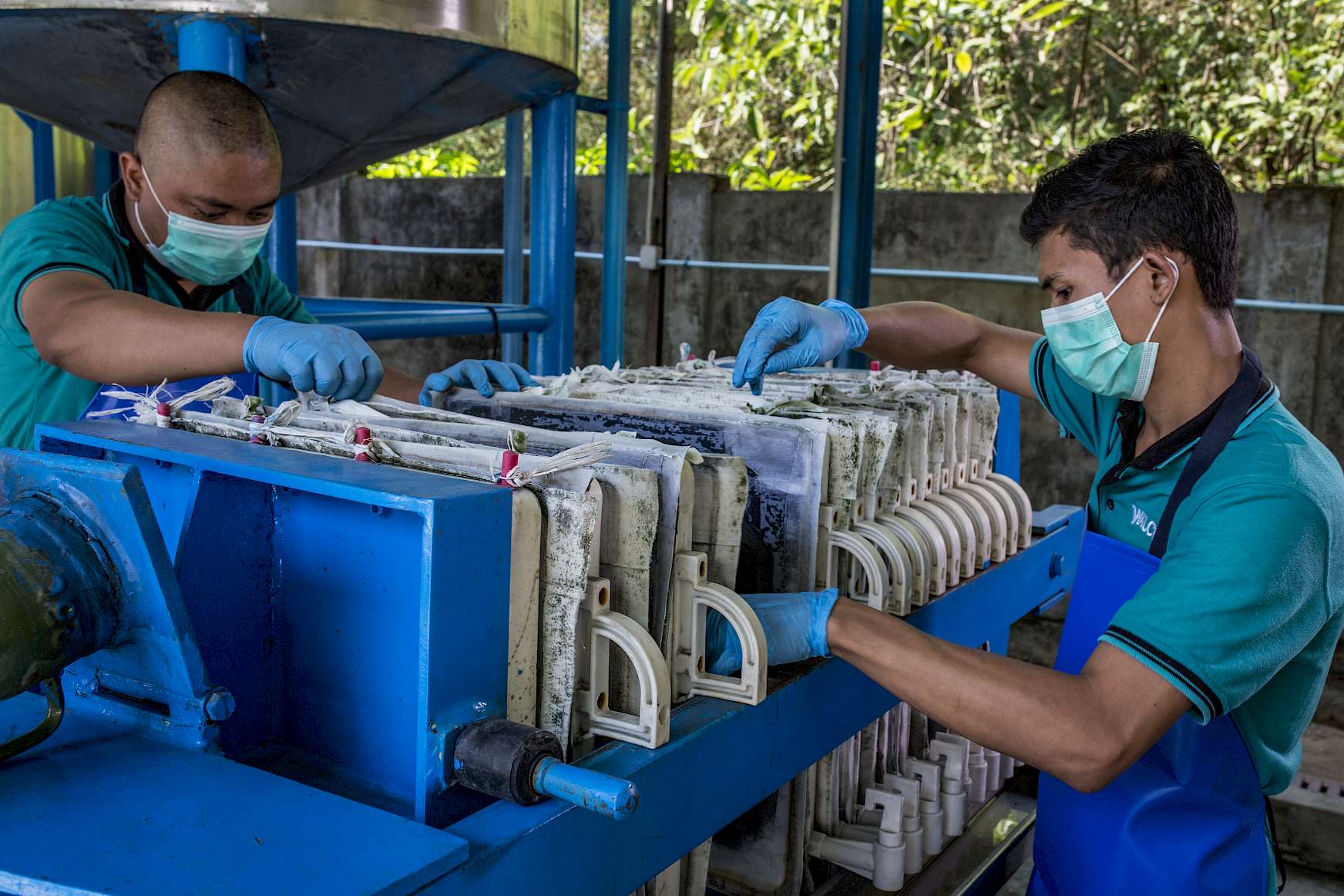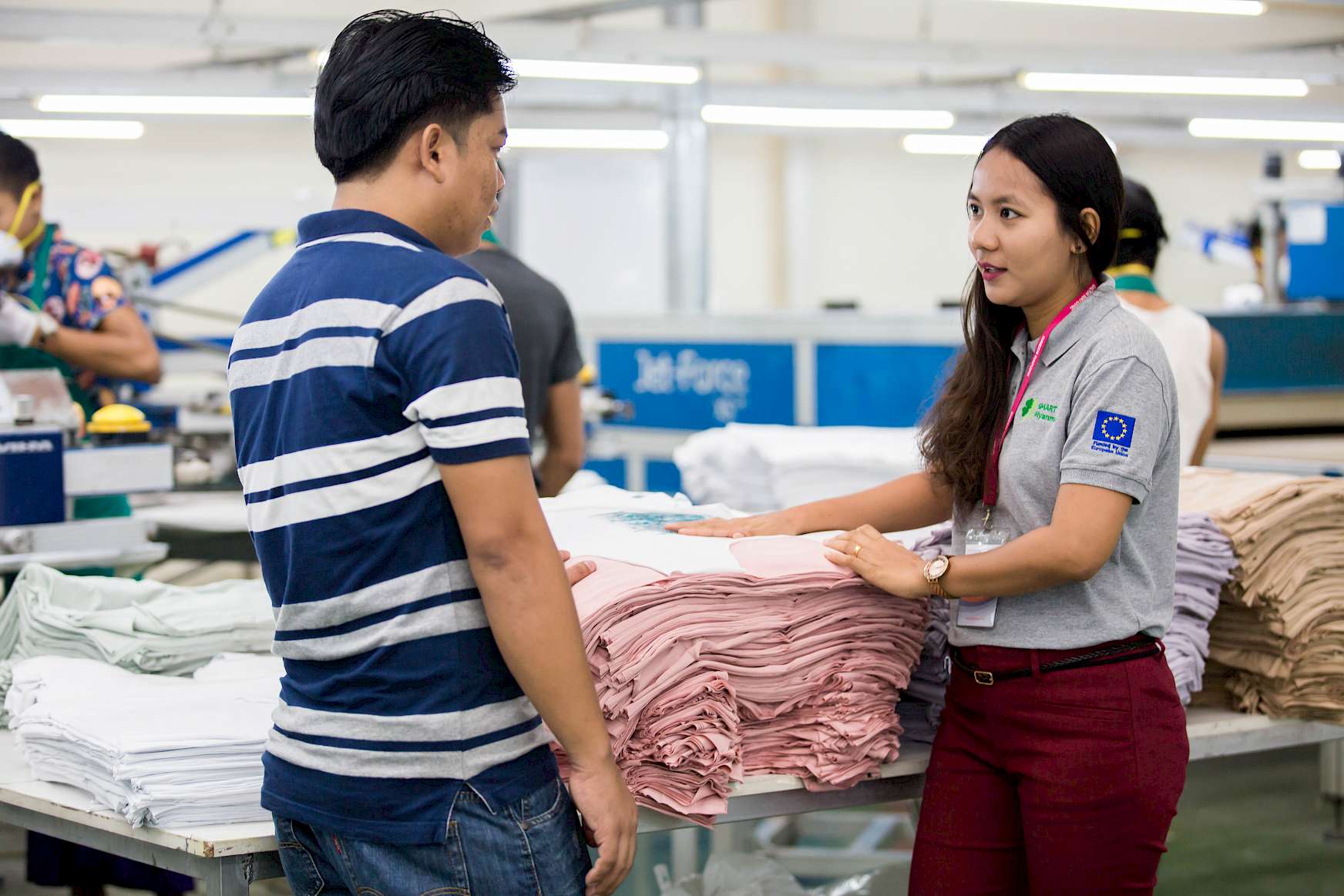
The new European Commission President, Ursula von der Leyen, has pledged to introduce a European Green Deal within 100 days of taking office, one that would make Europe climate neutral by 2050. This European Green Deal was adopted on 11 December 2020 and it represents the new growth strategy for the EU in the next years and the response to the increasing environmental challenges facing the world today, advocating for a more sustainable and green future of our generations.
As outlined in the , key priorities of the new European Green Deal would include:
- Taking real action on climate change and becoming the world’s first climate-neutral continent;
- Ending biodiversity loss on land, seas and oceans;
- Moving towards a zero-pollution ambition, addressing air and water quality, hazardous chemicals and industrial emissions;
- Promote circular economy globally focusing on resource-intense sectors such as textiles, constructions, plastics and electronics;
- Sparking an industrial transformation, preventing waste generation and enabling needed economic transition;
- Improving the sustainability of food production across the food chain;
- Putting forward a strategy for green financing;
- Supporting Small and Medium-sized Enterprises (SMEs) and improving their access to the market, while helping them to integrate in clean processes and technologies.
To achieve real impact, in the Political Guidelines for the Next European Commission (2019-2024), President von der Leyen recognised that the world has to move together in changing the way we produce, consume and trade. Unsustainable consumption and production patterns are increasing water and air pollution, including Greenhouse Gas emissions (GHG), land and forest degradation, waste generation and the use of harmful chemical substances.
The European Consensus on Development (2016) already affirmed the importance for internationalcooperation to promote green and circular economy, highlighting that
"The EU and its Member States will promote resource efficiency and sustainable consumption and production, including the sustainable management of chemicals and waste, with a view of decoupling economic growth from environmental degradation and enabling the transition to a circular economy."
As a major world economy and a leading exporter and importer of goods and services, it will be hard for the EU to achieve acircular economy and to work on the priorities set by the European Green Deal in isolation. Joint actions between the EU and its partners around the world are required.
It is with this aim in mind that the EU has launched the SWITCH-Asia programme in 2007. With nearly EUR 280 million in funding since its launch, SWITCH-Asia is the largest SCP programme supported by the European Union. The programme has achieved more than a decade of progress on SCP in 19 countries in Asia and in 2019, it has been extended to Central Asia. This has been possible through the joint efforts of three SWITCH-Asia components: the Regional Policy Advocacy Component (RPAC) and the Sustainable Consumption and Production Facility (SCP Facility) providing policy and technical support to the countries and the Grant scheme providing support to business and consumers organisations.
Through its grants scheme, SWITCH-Asia funds pilot projects helping companies to adopt cleaner technologies and more sustainable industrial practices, as well as helping consumers to act more responsibly in their daily choices and lifestyles. Since 2007, this programme has funded circa 130 projects, of which 23 new ones active as of 2020. Projects span across a wide range of sectors and are implemented by over 400 Asian and European partners, about 100 private sector associates, indirectly benefitting up to 70.000 micro, small and medium-sized enterprises (MSMEs). A wide network of development practitioners, SCP researchers, cleaner production experts, industry associations, SMEs, financial institutions, and policy makers working in national ministries, has also been established both in Asia and in Europe.
Priority Areas of Work of SWITCH-Asia Grants
Since its inception, SWITCH-Asia has been following trends common to Europe and Asia, two regions that are increasingly interconnected through global value chains. After 14 years of implementation, the programme has collected important lessons learned that may inform and support the implementation of the European Green Deal, while mainstreaming SCP in support to a green and circular economy, leading the way towards a greener transition centred on environmental justice and equality.
SWITCH-Asia in Myanmar: Voices From the Ground
Myanmar is one of the fastest growing economies in the world. With the support of government, private sector, civil society, and international partners, the country has the potential to become one of the region’s leading green economies.
The EU is playing an important role in Myanmar’s transition towards a low carbon green and circular economy through several sustainable consumption and production interventions that also address key priorities outlined in the new European Green Deal. The EU SWITCH-Asia grant funded projects Tha Bar Wa and SMART Myanmar are two encouraging examples of how businesses have implemented sustainable production, resource efficiency and innovation, and mobilised behavioural change through a multi-stakeholder approach positively affecting supply chains in both Myanmar and Europe.
Tha Bar Wa
Industrial wastewater pollution from Myanmar's growing Food and Beverage (F&B) industry, the country's largest industrial sector accounting for almost 60% of all companies, poses a significant threat to the freshwater ecosystem and livelihoods of communities in Myanmar.
The project’s name “Tha Bar Wa” expresses a commitment to nature and the resources utilised by companies. Implemented by the World Wide Fund for Nature (WWF), Myanmar Food Processors and Exporters Association (MFPEA) and Savings Banks Foundation for International Cooperation (SBFIC), this four-year project aims to promote cleaner production practices in SMEs in the Food and Beverage industry.
"It is a positive shift that leading local businesses are eager to invest in wastewater treatment systems to protect and conserve Myanmar’s unique natural environment and valuable rivers which are now hugely threatened by pollution from growing industries",
affirmed Kristian Schmidt, EU Ambassador to Myanmar, during the opening of a waste treatment plant at Silvery Pearl Dairy (Ngwe Sin Pearl). Tha Bar Wa also supports the government to establish more effective and business friendly environmental regulations; in particular, working closely with the Environmental Conservation Department (ECD) of the Ministry of Natural Resources and Environmental Conservation (MoNREC) on the effective implementation of the Environmental Management Plan (EMP) procedures. The project additionally has a large component in support of domestic financial institutions for making green financing options available for SMEs.
SMART Myanmar
Myanmar's garment sector has witnessed a staggering export oriented growth. This is largely because several companies including H&M, Adidas, and nearly a dozen other major European brands have expanded their sourcing operations in the country. The garment industry has served largely the European market and created job opportunities for thousands of people, majority of which are women.Between 2018 and 2019, Myanmar-made garments were among the largest export categories in the country, with over USD 4 billion worth of garments exported, according to the Ministry of Commerce.The EU, as a trading bloc, maintained its position as lead export destination for Myanmar apparel products.
SMART Myanmar is a three-year project funded by the EU SWITCH-Asia programme and implemented by sequa gGmbH in partnership with the Myanmar Garment Manufacturers Association, the Foreign Trade Association of German Retailers and the Association of Development Financing Institutions in Asia and the Pacific. Since early 2013, the project has been implemented primarily in Myanmar’s garment sector, focusing on issues including capacity building and production improvements, social compliance, environmental awareness and clean production. In addition, it also aimed to boost the international competitiveness of SMEs in the garment and textile sector.
The project actively promotes and supports the sustainable production of garments “Made in Myanmar”, a concept that emphasises resource efficiency and social responsibility.
"SMART Myanmar has proven to be an extremely relevant programme in accompanying Myanmar’s apparel industry’s shift to more sustainable practices"
noted Pedro Campo Llopis, Deputy Head of Development Cooperation of the EU Delegation to Myanmar. Building on this work, and leveraging on the expertise of local and European experts, in 2020 the new EU funded intervention SMART Tag will expand training and capacity building programmes for social and environmental performance to more than a hundred garment and textile factories in Yangon, Mandalay, Bago, Pathein and other regions. On site assessments and training programmes on topics such as human resource management systems and workplace communications, occupational safety and health, chemicals and waste management, and energy efficiency will continue to be delivered.
Building Partnerships and Pooling Resources – A key to successful implementation
To ensure the long-term sustainability of the two interventions and maximise their impacts, the EU Delegation to Myanmar, who is actively coordinating the implementation of the EU SWITCH-Asia grant funded projects, understood the power of pooling financial and technical resources and bringing the right actors together.
While it is clear that the two interventions are implemented in distinct sectors, both are invested in the promotion of sustainable industrial practices and consumer behavioral change. The winning strategy was to deliver a more comprehensive, holistic and efficient package in support of Sustainable Consumption and Production in Myanmar, where all SWITCH-Asia components (SCP Facility, Regional Policy Advocacy, Grants Programme) could work together and bring added value through their technical assistance and expertise. As Delphine Brissonneau, EU Delegation Project Manager of SWITCH-Asia in Myanmar explains,
"Bringing together the three components of the programme is about being cost effective and comprehensive in our methodology when promoting green growth in Myanmar. We wanted to avoid a ‘piecemeal’ approach and move to a holistic approach to address the same problem from various angles. We believe this will increase our chances for success in bringing sustainable practices to the Food and Beverage as well as the Garment Industries."
Following this multi-stakeholders partnership approach, Tha Bar Wa and SMART Myanmar joined forces and organised a public-private dialogue on Environmental Management Plans (EMPs), Environmental Impact Assessments (EIAs) and Initial Environmental Examinations (IEEs) in both the food and beverage, and garment and textile industries.
The objectives of the event were to raise awareness among private sector stakeholders on EMP requirements and encourage exchange of views on how the EMP preparation and submission review process could be improved. Ultimately, the event served as a platform for all components of the SWITCH-Asia programme to clearly identify key priority areas for support. As a result, a Concept Note was developed to address needs from both government and the private sector and six practical activities were defined and are soon to be implemented by the SCP Facility, RPAC and the Grants.
The joint effort spearheaded by the EU Delegation in Myanmar aims to create lasting and meaningful impact at all levels of action. Ujjwal Pokhrel, Project Manager of the Tha Bar Wa recognised the effectiveness of working together and aligning skills and resources with one common strategic goal – promoting good governance and developing environmentally friendly market systems that directly contribute to the achievement of SDG 12 on Responsible Consumption and Production, among other related SDGs. Similarly, Jacob Clere, Team Leader of the SMART Myanmar project explained that the added value of this multi-stakeholders partnership approach lies in the fact that
"SWITCH-Asia grant projects have ground-level knowledge within their respective industries and focus areas, the Regional Policy Advocacy Component has higher level policy knowledge, and the SCP Facility can help string some of these sometimes disparate activities together in a logical and productive manner. Cooperation between the different components makes good sense."
The case of Myanmar has shown that by pooling resources and taking a meaningful multi-stakeholders partnership approach, evidence provided by projects operating on the ground can be mainstreamed more effectively into policy and regulatory discussions with national governments. This might lead the way not only to improved national strategies and action plans with regard to sustainable production and consumption practices, but also to strengthened environmental dialogue and cooperation between Europe and Asia on joint priorities, including advancing a green and circular economy and promoting environmental justice and equality.






